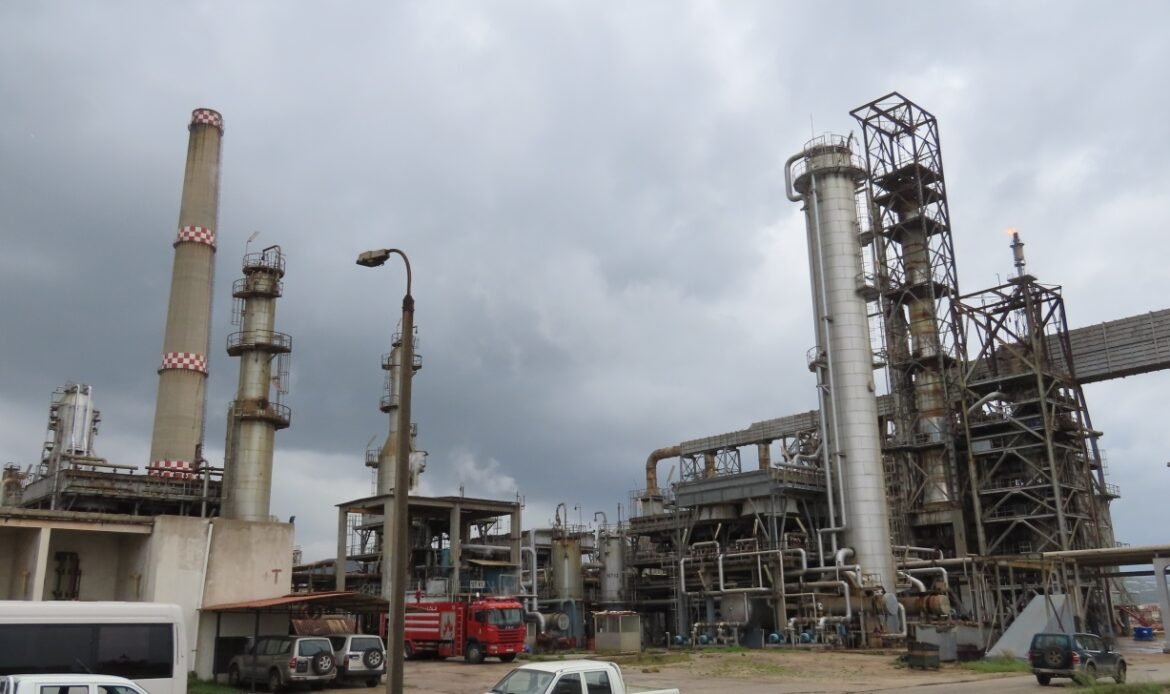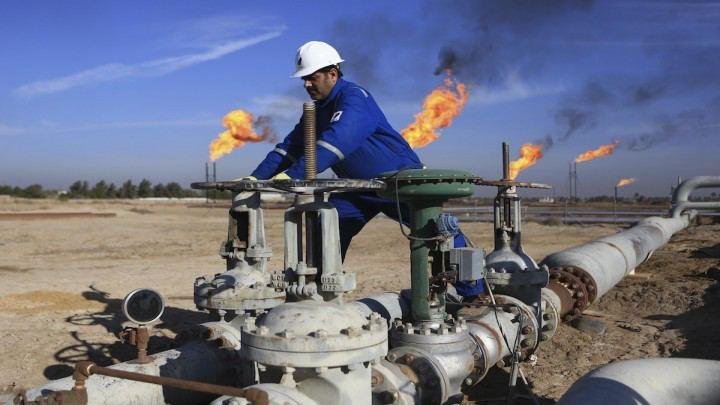Insight into the Current State of Petroleum Derivatives in Syria
The Public Relations and Media Director of the Ministry of Petroleum and Mineral Resources, Ahmed Suleiman, shared recent insights into the state of petroleum derivatives in Syria:
- Availability and Imports: Petroleum derivatives are now well-supplied, previously sourced from Russia and Iran, which suffice local needs. The legal restrictions imposed by Assad on smart cards were unnecessary, artificially creating crises to distract citizens from obtaining their needs.
- Black Market: Assad’s regime was behind the black market to increase his profits, with all revenues from petroleum derivatives going to his family. There’s an undisclosed debt to Iran and Russia from the ministry.
- Current Contracts: No oil contracts have been executed recently, but a gas ship arrived and was unloaded in Banias, imported by private companies.
- Import Tenders: Efforts are ongoing to import petroleum derivatives from various sources. Tenders, including one for household gas, have been published on the Ministry’s page, open to both public and private companies.
- Smart Card System: The smart card system will continue but restricted to gas cylinders due to shortages, while other listed products are sufficiently available.
- Border Control: Post-regime fall, borders have been open to all sorts of contraband. With tightened border control, smuggled goods will be prevented, ensuring only state-approved, quality products enter Syria.
- Heating Oil Distribution: Distribution of heating mazut has been suspended until the petroleum derivatives situation improves, with a priority to secure it at reduced prices. There’s now a focus on producing one type of mazut for various uses like heating, furnaces, agriculture, and machinery.
On the Status of Homs and Banias Refineries:
- Homs Refinery: Severely deteriorated due to lack of maintenance, it’s operating at minimal capacity. Full operation would contribute significantly to local production.
- Banias Refinery: Stopped after liberation due to ceased Iranian oil imports, it’s now in a six-month routine maintenance phase known as “Umrah”. We await further imports to restart operations.
- Exploration: Assad hasn’t conducted oil extraction in nearly 20 years, but new explorations
are expected soon in cooperation with specialized companies. Syria has rich resources, and
with proper management, shortages should be avoidable. - Fuel Oil: Used in thermal power stations, efforts are being made to import enough to keep all
stations running.
Fate of Companies Previously Dealing with the Ministry:
- Syrian Petroleum Company: The marketing office was directly managed by those connected
to the presidency, funneling all oil revenues into the family’s private treasury. - Legal Outcomes: The fate of companies that worked with the Ministry is now in the hands of
the Ministry of Justice or legal committees tasked with determining their future.
Arab Concerns Regarding the Situation in Syria
The Health Impact of Sugar-Sweetened Beverages: No Nutritional Value




